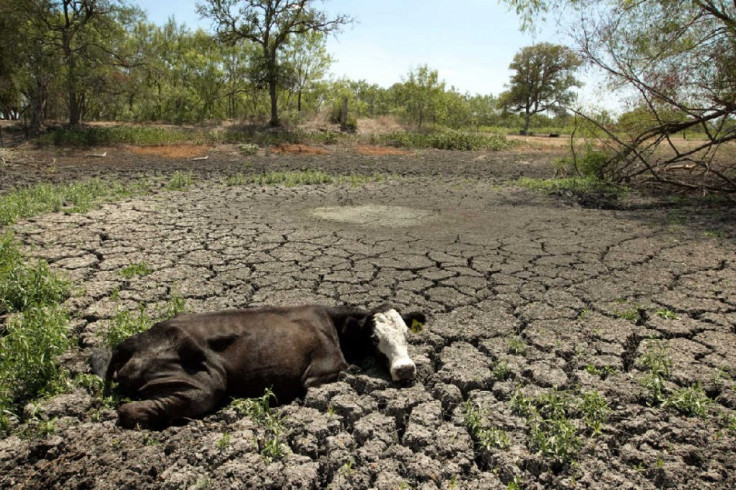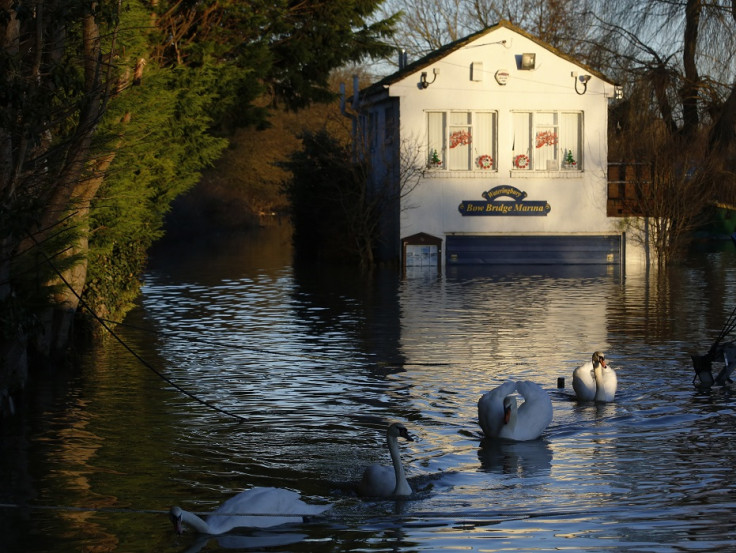Climate Change Water Shortage Threatens US and Mediterranean Countries
Drought is 'biggest danger' of global warming and could threaten fifth of global population

Up to 2.2 billion people worldwide will be living with inadequate supplies of water by 2100, with southern parts of the US and Mediterranean countries worst affected.
Experts said that a fifth of the global population will be living on less than 500 cubic metres of water per year – a threshold signifying absolute water scarcity.
Published in the journal Proceedings of the National Academy of Sciences and reported in Nature magazine, the findings of 30 groups of researchers from 12 countries detailed thousands of climate change simulations using standardised scenarios for greenhouse gas emissions.
They found that if the global temperature rises by an average of 2C, which current models suggest is almost inevitable, up to a fifth of people will suffer from severe water shortages.
According to the four reports, water shortage is the biggest concern in regards to the effects of climate change.
Hans Schellnhuber, director of the Potsdam Institute for Climate Impact Research in Germany, said: "Water and all that relies on it, from food to sanitation and public health, is an emblematic aspect of climate change whose urgency people tend to instantly understand."
Addressing climate change sceptics, he added: "Those who might say, 'Come back when you've narrowed down the risk' should be reminded that climate change is a treacherous gamble. We don't quite know the odds, but the chance of losing heavily might be a lot bigger than many tend to think."

The international group launched the Inter-Sectoral Impact Model Intercomparison Project last year and used climate models and data on temperature, precipitation and water cycles to estimate future scenarios.
Findings showed that the potential scope was huge, with estimates ranging from only a slight increase in water shortages, to others suggesting those living with water scarcity will double.
The results suggest regions at most risk of water scarcity were southern parts of the US, the Mediterranean and the Middle East. In comparison, places with high latitudes in the Northern Hemisphere, such as India and tropical Africa, will receive more water.
Drought conditions will become more frequent and severe in parts of South America, central Africa, Australia and Europe, while flood hazards will affect over half of the globe.
Johan Rockström, an expert on water resources at the University of Stockholm, was not involved in the research but commented on the findings.
He said: "Impact models will never be able to provide the level of detail that ultimately matters for making a city or coastline climate-proof. But they do serve as a first approximation to the severe problems deficient regions and nations are facing."
© Copyright IBTimes 2025. All rights reserved.






















